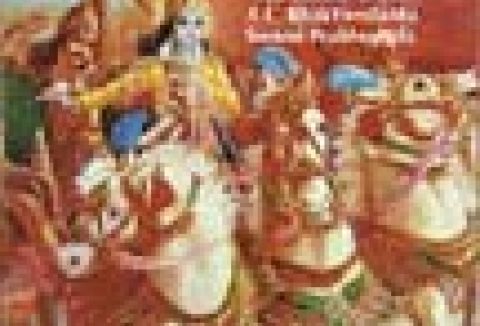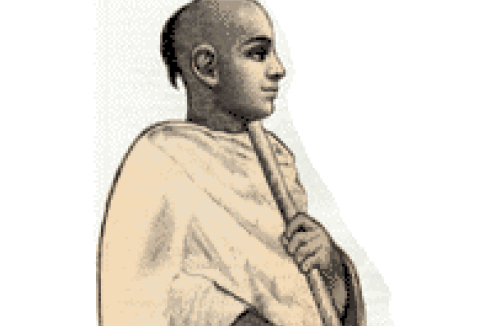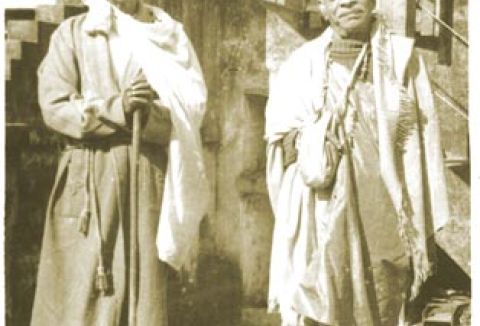Why We Fight
Preaching means fighting - fighting with illusion and misconception. Our weapons are philosophical arguments backed by sastra and the opinions of previous acaryas. Preaching means speaking the truth and the nature of truth is that it wants to be found and it wants to fight with ignorance and misconception.






